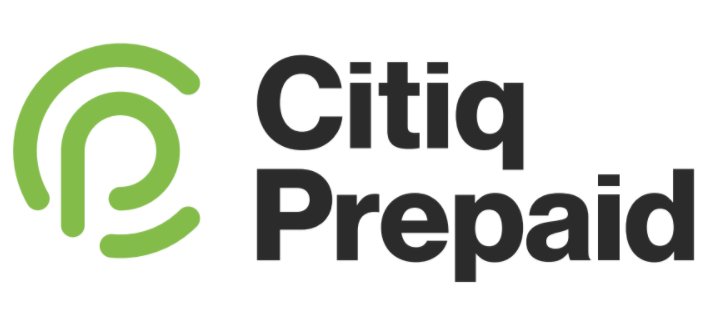Rapid urbanisation exacerbated by the effects of Covid-19 on an already contracting economy has placed a significant strain on metropole housing requirements. The informal housing rental (or backyard rental) sector is transforming as it expands, and utility management is key in the new landlord-tenant relationship.
“According to a report for the World Bank, more than 13% of urban households in South Africa reside in backyard structures and that number has most certainly grown in this very challenging year. Better utility management is at the heart of helping landlords as well as tenants. Good utility management also ensures municipalities can collect their dues and therefore ensure better service delivery,” says Michael Franze, Citiq Prepaid Managing Director.
According to Cape Town-based Bitprop, which finances informal housing, backyarding trends have shifted since the Covid-19 lockdown.
“Informal renting or backyarding trends can be seen as a spectrum, ranging from informal shacks erected in a backyard, to triple-storey blocks of flats developed by an entrepreneur. Pre-lockdown the biggest market demand was for bachelor style units, with en-suite bathrooms. These sorts of developments are taking place predominantly in Cape Town, Johannesburg and Durban,” explains Bitprop Marketing Manager, Dylan Walls.
Managing utilities is a big part of a successful rental business
In a low-cost rental environment, the cost of utilities can add up to a sizeable percentage of (or even exceed) the rental charge. And, if allowed to slip into arrears, as can so easily happen with post-paid scenarios, backyard landlords can be left with crippling unpaid municipal bills – something both the municipalities and landlords want to avoid.
Prepaid sub-metering brings with it many advantages for tenants and landlords. Tenants can track their usage and are able to better manage their consumption. Prepaid also ensures that tenants pay upfront, making utilities management significantly easier and reliable. Clear and shareable reporting makes for easier administration. It also brings greater transparency and massively reduces the potential for disputes – improving the landlord / tenant relationship and fostering longer-term occupancy, benefitting all.
“Ensuring uninterrupted access to electricity and water should be top of mind for landlords. Installing prepaid sub-meters at the outset gives property owners a real head-start when it comes to their relationship with their tenants,” explains Franze. “Informal renting is going to continue to grow, especially as more people flock to cities looking for work. It makes sense to help landlords create safe, durable accommodation and build sustainable businesses. Using prepaid sub-meters is one of the measures that can assist in this goal.”

